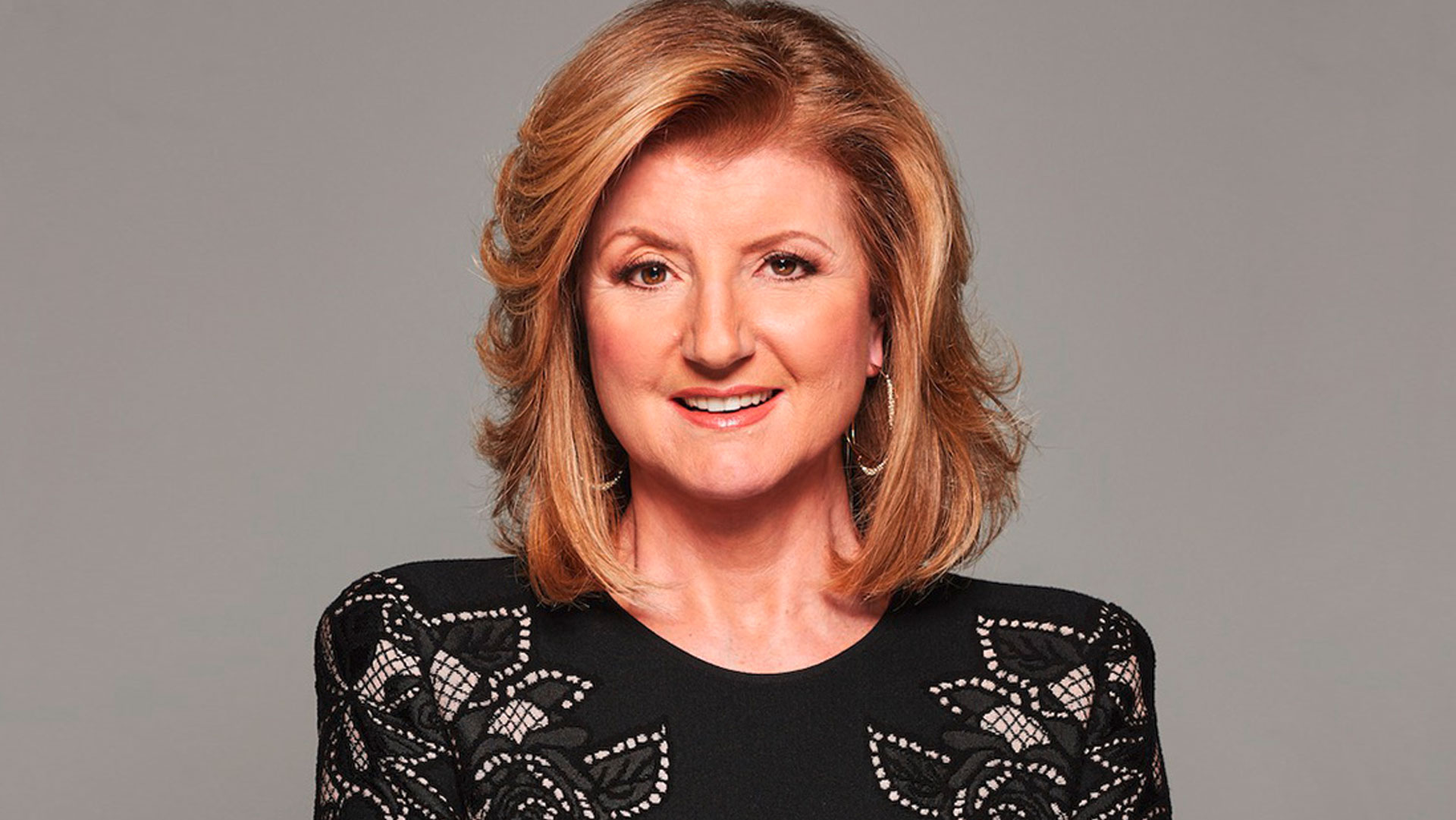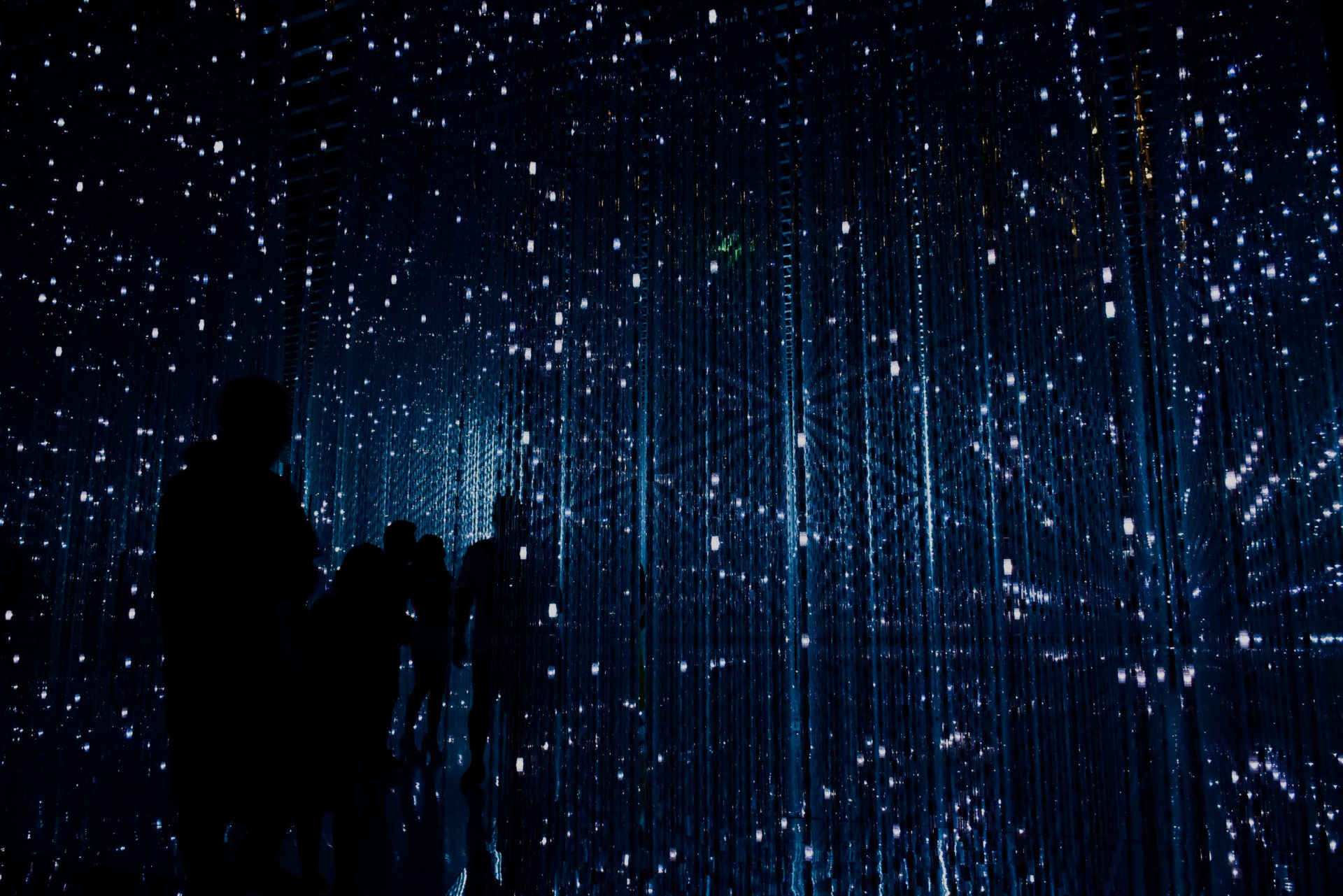The Age of AI — which has been imminently imminent for decades — has finally arrived. It happened the same way Hemingway wrote bankruptcy happens in The Sun Also Rises — gradually and then suddenly. There are, as we’ve seen in even the short time since OpenAI released ChatGPT on November 30th of last year, an endless number of ways to talk about how AI is going to change our lives. Jobs, art, education, your PowerPoint presentations, even dad jokes. The ways in which AI is going to impact our world are endless.
But there’s one possibility for AI that’s not getting a lot of oxygen in this debate, and it’s one of the most important. And that’s the very big question of how we can use AI not just to perform things for humans, but connect more fully with what it means to be human. It’s a question based on the truth that no matter what regulations are or are not imposed, AI is ultimately a tool, and its impact will depend on how humanity uses it.
Writing in The New York Times, Thomas Friedman called this our “Promethean moment”. Prometheus, of course, is the Greek god who stole fire and gave it to humans. Google CEO Sundar Pichai made a similar call back in 2018, declaring that “AI is probably the most important thing humanity has ever worked on. I think of it as something more profound than electricity or fire”. Fire, like smart phones and the internet in general, is a tool. They have allowed humanity to flourish and make great leaps forward, but they can also consume us if we don’t use them wisely.
The more we can use this Promethean moment to bring together a critical mass of people working in good faith and with empathy, caring and connection, the more likely we are that humanity will use AI to flourish.
Yes, the pace of AI has quickened nearly beyond our ability to keep up with — I’m sure there’s been some new development even while I’m writing this. At the core of the swirling questions, ethical conundrums and doomsday predictions, there’s a sense that we’ve entered a new era. As Bruce Feiler notes in Life Is in the Transitions, periods of disruption and transition offer unique opportunities for insight and wisdom: “Most major religions include the idea that significant human breakthroughs include periods of disconnection and disorientation.” These periods of disruption involve stripping away what is non-essential and reaffirming what is essential. That’s what’s happening now. And that’s why I’m optimistic this moment will be a time of transformation and renewal.
Our current conversation about AI is very futuristic, in an almost science-fiction sense. But in fact AI also has the potential to take us back the other way by connecting us with a deeper and neglected part of ourselves. In an interview last year on one of his podcasts, Reid Hoffman asked OpenAI CEO Sam Altman which aspects of our life won’t be changed by AI. “All of the deep biological things,” Altman replied. “I think we will still really care about interaction with other people… I think the stuff that people cared about 50,000 years ago is more likely to be the stuff that people care about 100 years from now than 100 years ago.”
The Enlightenment was a time of incredible scientific discovery. We made amazing strides in understanding the universe and our own world. It was a time when we celebrated reason and knowledge. We thought we could learn everything, or at least that everything was reducible to reason and process. And with the Industrial Revolution we were able to scale and apply that knowledge.
But the fact that all of these discoveries enabled the creation and acquisition of so much worldly and material success made us think that’s all there is to life — that life is made entirely of two metrics: money and power. But with these gains, we lost sight of the third metric — consisting of the very things that make us human: our well-being, wisdom, sense of wonder and capacity for giving.
This is, in large part, central to the promise of AI. By taking off our plate many of the mundane tasks that have consumed our time and attention for years, or decades, or millennia, it’s possible that our essential humanity will be put into starker relief. With much of the noise taken away by AI, the signal will be more clear.
As part of Apollo 8, William Anders was one of the first three humans to orbit the moon — and that meant he was also one of the first humans to witness an “earthrise”. As he described it, “We came all this way to explore the moon, and the most important thing is that we discovered the Earth”. The same process could be happening right now with AI. As we are expending enormous effort to make machines mimic humans, what we may well discover is what makes us uniquely human.
The metric of how closely we get machines to mimic humans is called the Turing test, or as Alan Turing called it in 1950, the “imitation game”. But in fact, we might be the ones failing the Turing test, by defining what it means to be human so narrowly, without encompassing the timeless, and our need to connect with something larger than ourselves.
So far, the process of making machines more human has been accompanied by humans becoming more like machines. In his book AI Superpowers, Kai-Fu Lee writes about how he’d been living his life according to the same operating principles of the technology he was building. “I came to view my own life as a kind of an optimisation algorithm,” Kai-Fu Lee writes. But life as an algorithm, he says, was “robbing me of my own humanity”.
If we leave the algorithms and the optimisation to the machines, we can free ourselves to more fully inhabit what makes us uniquely human. And in fact, that’s exactly what the human operating system is hard-wired to do. As Dr. Lisa Miller shows in The Awakened Brain, our drive for spirituality has a neurological basis. Indeed, we have “a natural inclination toward and docking station for spiritual awareness”. But, as Dr. Miller points out, “we have to choose to engage it. It’s a muscle we can learn to strengthen, or let atrophy”.
In AI, a primary flashpoint is the so-called “alignment problem”: the challenge of encoding AI so that it aligns with human values and doesn’t cause harm. But as we tackle the alignment problem in AI, can we use AI to deepen and expand what we consider human values?
How might this work? We know that AI is quickly getting more and more sophisticated at diagnosing and giving us real-time information about our physical health. So if we widen the possibilities to include all aspects of our well-being, including our spiritual well-being, AI could be a Sherpa on our journey toward greater health and resilience: nudges on food, sleep, movement, stress and connection, but also personalised recommendations on sacred texts, poetry and quotes that help us reset and connect with that deeper place of peace, wisdom and strength we all have inside us. We know AI can do data, so why not use it for wisdom, too?
As Reid Hoffman, who has been a central figure in the development of AI, told The New York Times, a goal of AI should be “elevating humanity”. Part of that, Hoffman said, is using AI to improve our lives by “giving everyone a medical assistant” and “giving everyone a tutor”. And it could give everyone a spiritual guide, too!
Whether or not we believe in God, or a higher power, or a benevolent universe, we’re all more likely to thrive when we disconnect from the world and answer our need to connect with something larger than ourselves. That’s a fundamental part of being human. And AI can be a tool to augment and deepen that aspect of our humanity. “We can make these new things and we can journey with them,” Hoffman said. And if we choose to, we can make that journey a more human experience. As Joseph Campbell put it, describing the hero’s journey — the one we’re all on: “Where we had thought to travel outward, we shall come to the centre of our own existence.”
*Not written by ChatGPT
First published at Thrive Global on 30 May 2023.

Arianna Huffington
Founder & CEO at Thrive Global
Arianna Huffington is the founder and CEO of Thrive Global, the founder of The Huffington Post, and the author of 15 books, including Thrive and The Sleep Revolution. In 2016, she launched Thrive Global, a leading behaviour change tech company with the mission of changing the way we work and live by ending the collective delusion that burnout is the price we must pay for success. She has been named to Time Magazine’s list of the world’s 100 most influential people and the Forbes Most Powerful Women list. Originally from Greece, she moved to England when she was 16 and graduated from Cambridge University with an M.A. in economics. At 21, she became president of the famed debating society, the Cambridge Union. She serves on numerous boards, including Onex and The B Team. Her last two books, Thrive: The Third Metric to Redefining Success and Creating a Life of Well-Being, Wisdom, and Wonder and The Sleep Revolution: Transforming Your Life, One Night At A Time, both became instant international bestsellers. Most recently, she wrote the foreword to Thrive Global’s first book Your Time to Thrive: End Burnout, Increase Well-being, and Unlock Your Full Potential with the New Science of Microsteps.
Unlock your people’s potential today
Enter your details to stay up to date with the latest news events and program updates.





